March 9, 2018
Women working in construction sector three times more likely to miss out on promotion

The built environment still has some way to go to achieve gender parity a new report suggests, as women in construction are paid up to 45 percent less than men and are three times more likely to miss out on promotion than men due to perceived gender discrimination. According to the survey by Randstad of more than 5,500 construction workers and 540 employers across all job functions and levels – 75 percent of those passed over for a more senior role were women compared to 25 percent men. The findings suggests women in the industry typically are not being given the same opportunities to progress as their male counterparts even though almost every respondent (93 percent) said having a female manager either wouldn’t affect their way of working or would in fact have a positive impact. (more…)









 The construction industry needs new talent and skills to help in the adoption of new technologies to meet the challenges of digital transformation. It must also become more diverse, including increasing the percentage of women in the industry. These are the recommendations of a new report from the World Economic Forum, developed in collaboration with The Boston Consulting Group (BCG), Shaping the Future of Construction: An Action Plan to solve the Industry’s Talent Gap. The report argues that the Infrastructure and Urban Development (IU) industry has failed to innovate as quickly as other sectors, resulting in stagnating productivity and negative effects on the economy, society and the environment. An ongoing industry-wide shortage of qualified workers is among the key reasons for this issue. It has undermined project management and execution, adversely affecting cost, timelines and quality. It also has impeded the adoption of new digital technologies, such as building information modelling (BIM), automated equipment and cloud-based collaboration tools, which could improve productivity. The report provides twelve key actions which needs to be implemented to close the structural talent gap of the construction industry.
The construction industry needs new talent and skills to help in the adoption of new technologies to meet the challenges of digital transformation. It must also become more diverse, including increasing the percentage of women in the industry. These are the recommendations of a new report from the World Economic Forum, developed in collaboration with The Boston Consulting Group (BCG), Shaping the Future of Construction: An Action Plan to solve the Industry’s Talent Gap. The report argues that the Infrastructure and Urban Development (IU) industry has failed to innovate as quickly as other sectors, resulting in stagnating productivity and negative effects on the economy, society and the environment. An ongoing industry-wide shortage of qualified workers is among the key reasons for this issue. It has undermined project management and execution, adversely affecting cost, timelines and quality. It also has impeded the adoption of new digital technologies, such as building information modelling (BIM), automated equipment and cloud-based collaboration tools, which could improve productivity. The report provides twelve key actions which needs to be implemented to close the structural talent gap of the construction industry.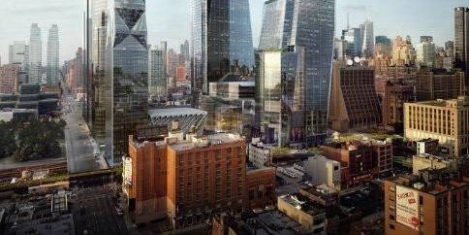
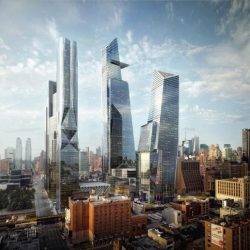
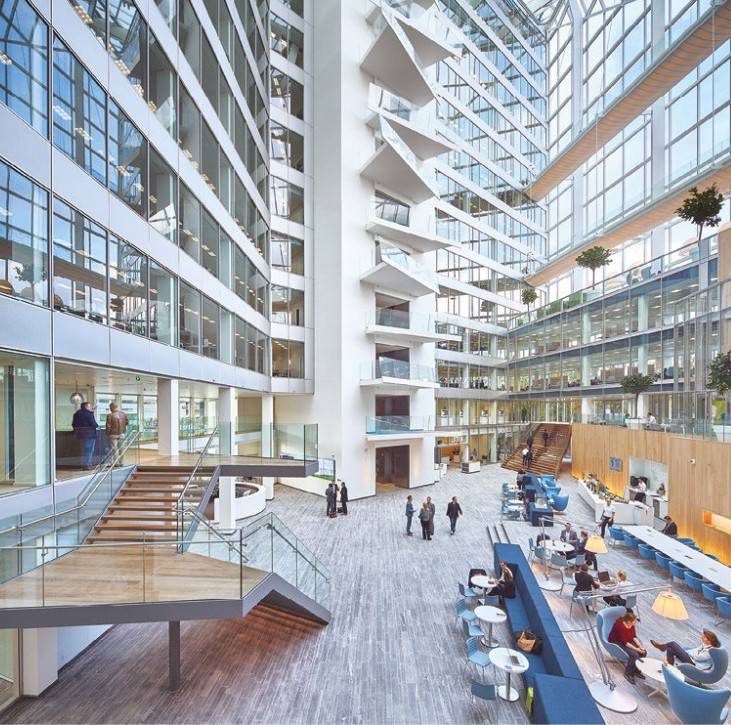
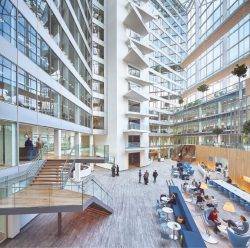 The creative team behind the development of the world’s most sustainable building – The Edge in Amsterdam – has announced the launch of a real estate technology company. EDGE Technologies, launched by OVG Real Estate CEO Coen van Oostrom will focus on creating a new generation of buildings which feature the latest innovations in sustainability and wellbeing. Whereas parent company OVG is focussed exclusively on the development of its existing portfolio, EDGE Technologies will focus on both the development and the long-term operations of this new generation of buildings, aiming for a cohesive experience across cities. Each EDGE building will be built and operated on the same technology platform and offer consistent user-centred design, created to serve the needs of today’s fast-changing and demanding workforce. To help achieve this the new company is launching a product that will capture and aggregate data across its properties in order to optimize, measure and inform both the user experience and the building’s environmental performance.
The creative team behind the development of the world’s most sustainable building – The Edge in Amsterdam – has announced the launch of a real estate technology company. EDGE Technologies, launched by OVG Real Estate CEO Coen van Oostrom will focus on creating a new generation of buildings which feature the latest innovations in sustainability and wellbeing. Whereas parent company OVG is focussed exclusively on the development of its existing portfolio, EDGE Technologies will focus on both the development and the long-term operations of this new generation of buildings, aiming for a cohesive experience across cities. Each EDGE building will be built and operated on the same technology platform and offer consistent user-centred design, created to serve the needs of today’s fast-changing and demanding workforce. To help achieve this the new company is launching a product that will capture and aggregate data across its properties in order to optimize, measure and inform both the user experience and the building’s environmental performance. 
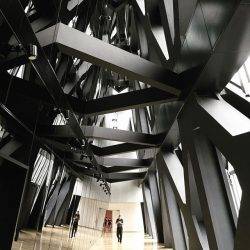

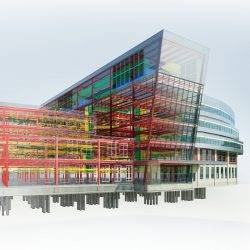

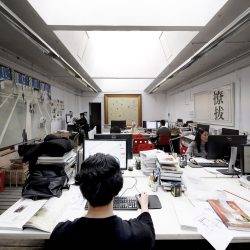
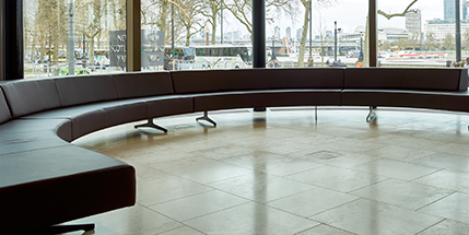
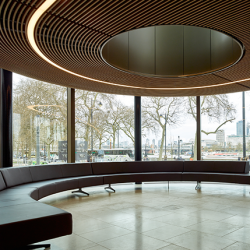









December 7, 2017
What P T Barnum can teach us about the facilities management circus
by Mark Eltringham • Architecture, Comment, Facilities management, Workplace
Does any of this describe you? “You have a need for other people to like and admire you, yet you tend to be critical of yourself. While you have weaknesses you are generally able to compensate for them. You have considerable yet hidden strengths that you have yet to turn to your advantage. Self-controlled on the outside, you are slightly insecure inside. At times you have serious doubts as to whether you always make the right decision. You prefer a certain amount of change and become dissatisfied when hemmed in by limitations. You pride yourself as an independent thinker and do not accept the statements of others without satisfactory proof. But you also think it can be unwise to be too frank in revealing too much about yourself.” Does this sound familiar? Well it should because that is how most people see themselves.
(more…)